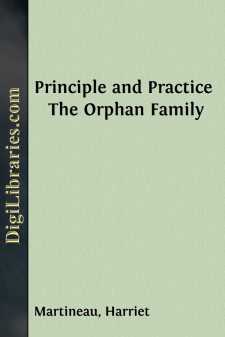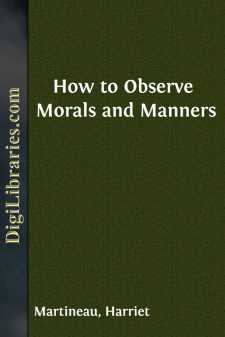Categories
- Antiques & Collectibles 13
- Architecture 36
- Art 48
- Bibles 22
- Biography & Autobiography 813
- Body, Mind & Spirit 142
- Business & Economics 28
- Children's Books 15
- Children's Fiction 12
- Computers 4
- Cooking 94
- Crafts & Hobbies 4
- Drama 346
- Education 46
- Family & Relationships 57
- Fiction 11828
- Games 19
- Gardening 17
- Health & Fitness 34
- History 1377
- House & Home 1
- Humor 147
- Juvenile Fiction 1873
- Juvenile Nonfiction 202
- Language Arts & Disciplines 88
- Law 16
- Literary Collections 686
- Literary Criticism 179
- Mathematics 13
- Medical 41
- Music 40
- Nature 179
- Non-Classifiable 1768
- Performing Arts 7
- Periodicals 1453
- Philosophy 64
- Photography 2
- Poetry 896
- Political Science 203
- Psychology 42
- Reference 154
- Religion 513
- Science 126
- Self-Help 84
- Social Science 81
- Sports & Recreation 34
- Study Aids 3
- Technology & Engineering 59
- Transportation 23
- Travel 463
- True Crime 29
Principle and Practice The Orphan Family
Categories:
Description:
Excerpt
Chapter One.
Let none sit down to read this little tale, whose interest can only be excited by the relation of uncommon circumstances, of romantic adventures, of poetical perplexities, or of picturesque difficulties. No beauties of this kind will be here found. I propose to give a plain, unaffected narrative of the exertions made by a family of young persons, to render themselves and each other happy and useful in the world. The circumstances in which they are placed are so common, that we see persons similarly situated every day: they meet with no adventures, and their difficulties, and the remedies they procure for them, are of so homely a description, as to exclude every exertion of poetical talent in their illustration, and to promise to excite interest in those readers only, who can sympathise with the earnest desires of well-disposed and industrious young persons striving after usefulness, honourable independence, and individual and mutual improvement, amidst real, and not imaginary, discouragements, and substantial, not sentimental, difficulties. I proceed at once to my narrative.
Mr Forsyth was a merchant, who lived in the city of Exeter. He had been a widower for a few years, and had endeavoured to discharge faithfully a parent’s duty to five young children, when he too was taken away from those who depended upon him, and whose very existence seemed bound up in his. He was taken from them, and no one knew what would become of these young helpless creatures, who, it was thought, would inherit from their father nothing but his good name, and who possessed nothing but the good principles and industrious habits which his care and affection had imparted to them. They had no near relations, and the friends whom their parents’ respectability had gained for them, had families of their own to support, and could offer little but advice and friendly offices: large pecuniary assistance they had it not in their power to impart. One of these friends, who was also Mr Forsyth’s executor, took the children into his house till the funeral should be over, and some plans arranged for the future disposal of each of them.
The eldest girl, Jane, was of an age to understand and feel the difficulties which surrounded them. She was sixteen, and from having been her father’s friend as well as housekeeper, she had a remarkably matured judgment; she was of a thoughtful, perhaps an anxious, disposition, and the loss of her father, together with the anxiety she felt as being now the head of his helpless family, were almost too much for her. Though she was supported by her religious principles, it was with difficulty that she could rouse her mind from dwelling on her perplexities, to form plans, and looking round to see what could be done, and in what way she was to exert her powers for the benefit of her brothers and sisters. She was sometimes oppressed by the thought that the only prospect before her, was a melancholy one of long years of struggles against poverty, and all the grievous evils of dependence....









